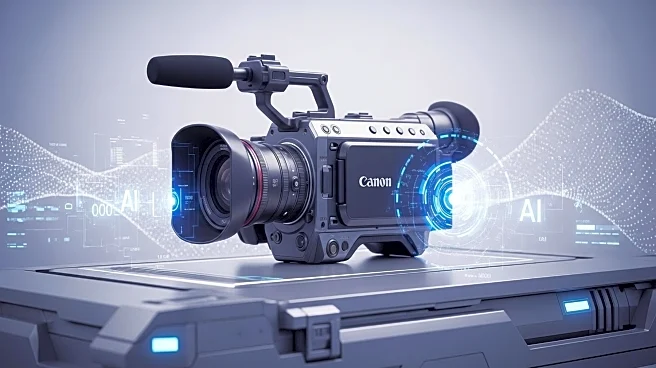What's Happening?
YouTube has been secretly testing AI video enhancement features without notifying creators, leading to concerns about the impact on video quality and creator reputation. The feature, which uses traditional machine learning to reduce blur and noise while sharpening images, was discovered by YouTuber Rhett Shull after noticing changes in his video uploads. Google's Rene Ritchie clarified that the technology is not generative AI but still involves AI processing. The lack of transparency and opt-out options has raised eyebrows among users, who reported artifacts and edge distortion in their videos.
Why It's Important?
The secretive implementation of AI video enhancement by YouTube highlights the growing tension between technology companies and content creators. This move could affect creators' trust in platforms and their ability to control their content. The use of AI without consent raises ethical questions about transparency and the potential for reputational damage. As AI continues to integrate into media platforms, creators may face challenges in maintaining the authenticity of their work, impacting their audience engagement and revenue.
What's Next?
Creators and industry stakeholders may push for more transparency and control over AI enhancements on platforms like YouTube. Discussions around ethical AI use and creator rights are likely to intensify, potentially leading to policy changes or new regulations. YouTube may need to address these concerns to maintain its relationship with creators and ensure the integrity of its platform.









